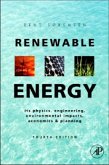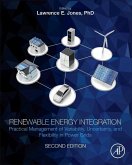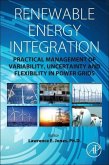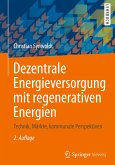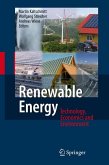The limitation of fossil fuels has challenged scientists and engineers to search for alternative energy resources that can meet future energy demand. Renewable Energy System Design is a valuable reference focusing on engineering, design, and operating principles that engineers can follow in order to successfully design more robust and efficient renewable energy systems. Written by Dr. Ziyad Salameh, an expert with over thirty years of teaching, research, and design experience, Renewable Energy System Design provides readers with the "nuts and bolts" of photovoltaic, wind energy, and hybrid wind/PV systems. It explores renewable energy storage devices with an emphasis on batteries and fuel cells and emerging sustainable technologies like biomass, geothermal power, ocean thermal energy conversion, solar thermal, and satellite power. Renewable Energy System Design is a must-have resource that provides engineers and students with a comprehensive yet practical guide to the characteristics, principles of operation, and power potential of the most prevalent renewable energy systems.
Bitte wählen Sie Ihr Anliegen aus.
Rechnungen
Retourenschein anfordern
Bestellstatus
Storno


